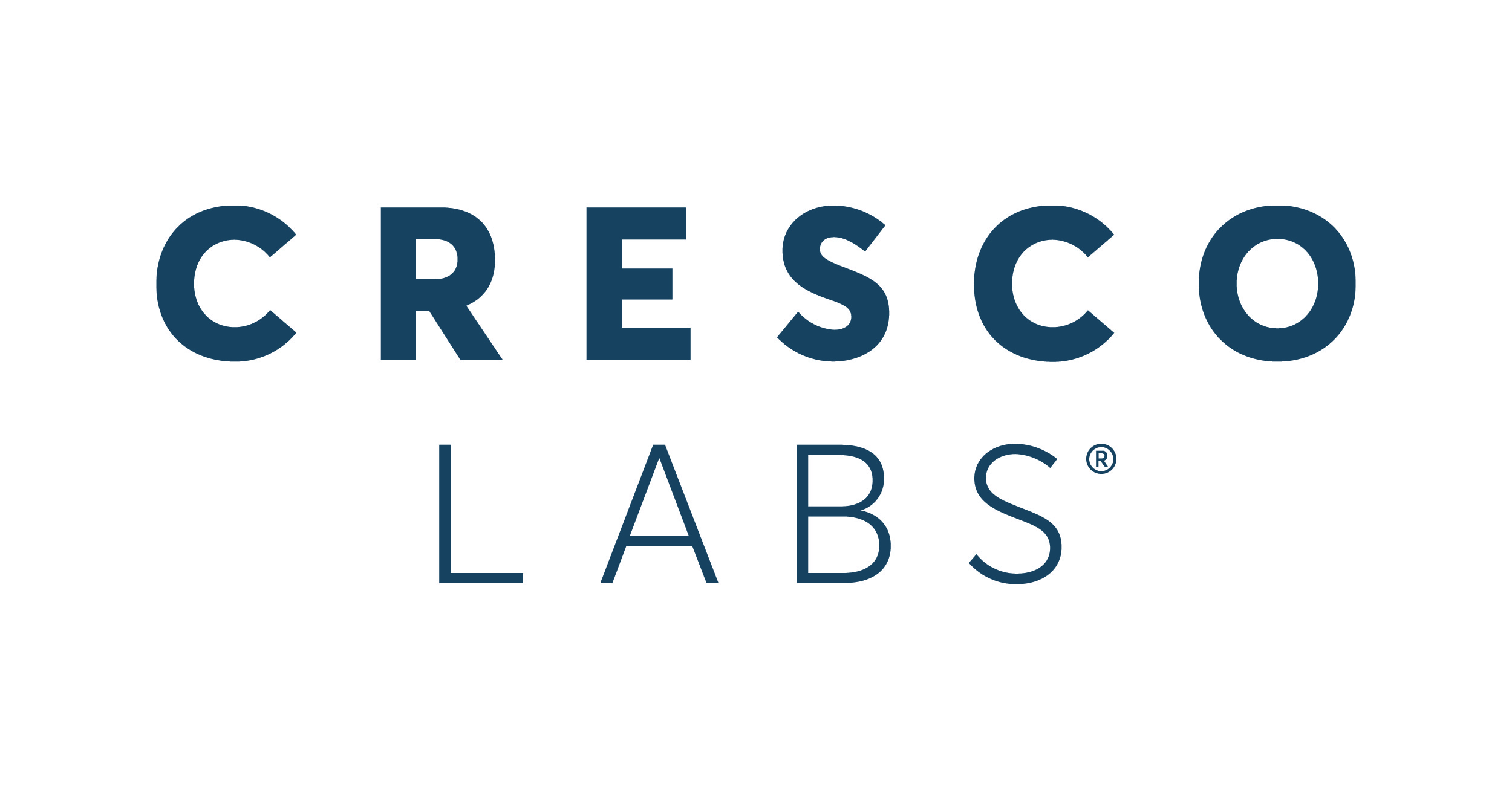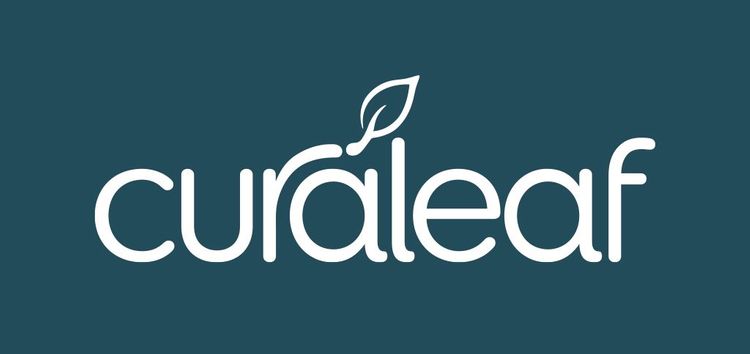As the regulated cannabis industry matures, M&A activity is expected to continue accelerating. Whether they are existing licensed businesses looking for acquisition opportunities or new investor groups seeking to enter or expand their positions in the industry, investors should recognize the special due diligence challenges associated with cannabis industry transactions.
Above all, investors should avoid the temptation to omit or short-circuit long-established due diligence practices, mistakenly believing that some of these steps might not be relevant to cannabis and hemp operations. Despite the unique nature of the industry, thorough and professional financial, tax and legal due diligence are essential to a successful acquisition.
Surging M&A activity
Over the past few years, as the cannabis industry matured and the regulatory environment evolved, M&A activity involving cannabis and hemp companies has undergone several cycles of expansion and contraction. Today, the expansion trend clearly has resumed. Although the exact numbers vary from one source to another, virtually all industry observers agree that 2021 saw a strong resurgence in cannabis-related M&A activity, with total transactions numbering in the hundreds and total deal values reaching into billions of dollars. Moreover, most analysts seem to agree that so far, the pace for 2022 is accelerating even more.
Today, many existing cannabis and hemp multistate operating companies are in an acquisitive mood as they look for opportunities to scale up their operations, enter new markets, and vertically integrate. At the same time, the projections for continued industry growth over the next decade have attracted a number of investment funds and private equity groups, which were formed specifically for the purpose of investing in cannabis and hemp businesses.
These two classes of investors often pursue distinctly different approaches to their transactions. Unlike the largely entrepreneurial cannabis industry pioneers now looking to expand, the more institutional investors are accustomed to working with professional advisers to perform financial, tax and legal due diligence as they would for a transaction in any other industry.
Among both groups, however, there is sometimes a tendency to misunderstand some of the transactional risk elements associated with cannabis M&A deals. In many instances, buyers who are generally sensitive to potential legal and regulatory risks will underestimate or overlook other risks they also should examine as part of a more conventional financial and tax due diligence effort.
For example, since much of the value of a licensed cannabis operation is the license itself, investors often rely largely on their own industry understanding and expertise to assess the merits of a proposed acquisition, based primarily on their estimation of the license’s value. This practice provides acquirers with a narrow and incomplete view of the deal’s overall value. More importantly, it also overlooks significant areas of risk.
 Because cannabis acquisition targets typically are still quite new and have no consistent earning records, acquirers also sometimes eschew quality of earnings studies and other elements of conventional due diligence that are designed to assess the accuracy of historical earnings and the feasibility of future projections.
Because cannabis acquisition targets typically are still quite new and have no consistent earning records, acquirers also sometimes eschew quality of earnings studies and other elements of conventional due diligence that are designed to assess the accuracy of historical earnings and the feasibility of future projections.
Such assumptions and oversights often can derail an otherwise promising transaction prior to closing, causing both the target and the acquirer to incur unnecessary costs and lost opportunities. What’s more, even if the deal is eventually consummated, short-circuiting the normal due diligence processes can expose buyers to significant unanticipated risk down the road.
Recurring issues in cannabis acquisitions
The most widely recognized risks in the industry stem from the conflict between federal law and the laws of various states that have legalized cannabis for medical or adult recreational use. The most prominent of these concerns relates to Section 280E of the Internal Revenue Code (IRC 280E).
 Although its use is now legal in many states, cannabis is still classified as a Schedule I substance under the federal Controlled Substances Act. IRC 280E states that any trade or business trafficking in a controlled substance must pay income tax based on its gross income, rather than net income after deductions. As a result, cannabis businesses are not entitled to any of the common expense deductions or tax credits other businesses can claim.
Although its use is now legal in many states, cannabis is still classified as a Schedule I substance under the federal Controlled Substances Act. IRC 280E states that any trade or business trafficking in a controlled substance must pay income tax based on its gross income, rather than net income after deductions. As a result, cannabis businesses are not entitled to any of the common expense deductions or tax credits other businesses can claim.
The practical effect of this situation is that cannabis-related businesses – including growers, processors, shippers and retailers – often owe significant federal income tax even if they are not yet profitable. Everyone active in the industry is aware of the issue, of course, and any existing operating company or investment group will undoubtedly factor this risk into its assessment of a proposed acquisition target.
The challenge can be exacerbated, however, by other, less widely discussed factors that also affect many cannabis businesses. These issues further cloud the financial, tax and regulatory risk picture, making thorough and professional due diligence even more critical to a successful acquisition.
Several of these issues merit special attention:
- Nonstandard accounting and financial reporting practices. As is often the case in relatively young, still-maturing businesses, acquisition targets in the cannabis industry might not have yet developed highly sophisticated accounting operations. It is not uncommon to encounter inadequate accounting department staffing along with financial reporting procedures that do not align with either generally accepted accounting principles or other standard practices. In many instances, company management is still preparing its own financial statements with minimal outside guidance or involvement by objective, third-party professionals. Significant turnover in the management team – and particularly in the chief financial officer position –is also common, as is a general view that accounting is a cost center rather than a value-enhancing part of the management structure.
Such conditions are not unusual in young businesses that are still largely entrepreneurial in spirit and practice. In the cannabis industry, however, this situation is also a reflection of many professional and business services firms’ longstanding reluctance to engage with cannabis operators – a hesitancy that still affects some organizations.
When customary business practices are not applied or are applied inconsistently, acquiring companies or investors should be prepared to devote more time and attention – not less – to conventional financial due diligence. The expertise of professional advisers with direct experience in the industry can be of immense benefit to all parties in this effort.
- Restructuring events or nonrecurring items in financial statements. Restructuring events and nonrecurring items are relatively common in many new or fast-growing businesses, and they are especially prevalent among cannabis operations. In many instances, such companies have engaged in multiple restructuring events over a short period of time, often consolidating operations, taking on new debt, and incurring various one-time costs that are not directly related to the ongoing operations of the business.
The inclusion of various nonrecurring items within the historical financial statements can make it much more difficult for a buyer or investor to accurately identify and assess proforma operating results, especially in businesses that have not yet generated consistent profits. Here again, applying previous experience in clearing up the noise in the financial statements can help improve both the accuracy and timeliness of the due diligence effort.
- Run-rate results inconsistent with historical earnings or losses. A company’s run rate – an extraction of current financial information as a predictor of future performance – is a widely used tool for creating performance estimates for companies that have been operating for short periods of time or that have only recently become profitable. In cannabis businesses, however, run-rate estimates sometimes can be unreliable or misleading.
Because it is based only on the most current data, the run rate often does not reflect significant past events that could skew projections or recent changes in the company’s fundamental business operations. Because such occurrences are relatively common in the industry, the results of run-rate calculations can be inconsistent with the target company’s historical record of earnings or losses.
- Historical tax and structuring risks new owners must assume. Like many other new businesses, cannabis operations often face cash flow and financing challenges, which owners can address through alternative strategies such as debt financing, stock warrants, or preferred equity conversions. Such approaches can give rise to complex tax and financial reporting issues as tax authorities exercise their judgment in interpreting whether these items should be reported as liabilities or equity derivatives. The situation is often complicated further by various nonstandard business practices and the absence of sophisticated accounting capabilities, as noted earlier.
As a consequence, financial statements for many cannabis companies – including a number of publicly listed companies – often contain complex capital structures with numerous types of debt warrants, conversion factors and share ownership options. Although an acquisition would, in theory, clean up these complications, buyers nevertheless must factor in the risk of previous noncompliance that might still be hidden within the organization – a risk that can be identified and quantified only through competent and thorough due diligence.
Not as simple as it seems
On the surface, the fundamentals of the cannabis industry are relatively straightforward, which is one reason it appeals to both operators and investors. For example, participants at every stage of the cannabis business cycle – growing and harvesting, processing and packaging, shipping and distribution, and ultimately marketing and retailing – can readily apply well-established practices from their counterparts in more conventional product lines.
The major exception to this rule, of course, is the area of regulatory compliance, which is still shifting and likely will continue to do so for the foreseeable future. Outside of this obvious and significant exception, however, most other aspects of the industry are relatively predictable and manageable.
When viewed in this light and in light of the continued growth of the industry, it is easy to see why cannabis-related acquisitions are so appealing to existing business operators and outside investors alike. It is also easy to understand why buyers might feel pressure to move quickly to take advantage of promising opportunities in a fast-changing industry.
As attractive as such opportunities might be, however, buyers should take care to avoid shortcuts and resist the urge to sidestep established due diligence procedures that can reveal potential accounting and financial statement complications and the related compliance risks they create. The unique nature of the cannabis industry does not make these practices irrelevant or unnecessary. If anything, it makes professional financial, tax, and legal due diligence more important than ever.
Crowe Disclaimer: Qualified organizations only. Independence and regulatory restrictions may apply. Some firm services may not be available to all clients. Given the continued evolution and inconsistency of various state and federal cannabis-related laws, any company should seek competent legal advice relating to its involvement in the cannabis industry, including when considering a potential public offering as a cannabis-related company.


































